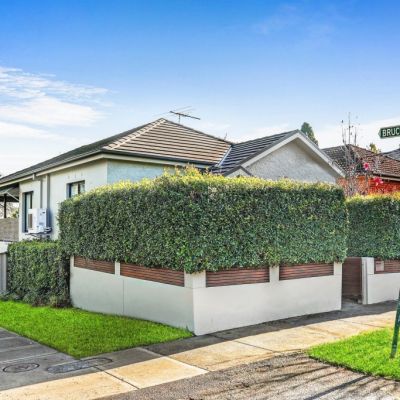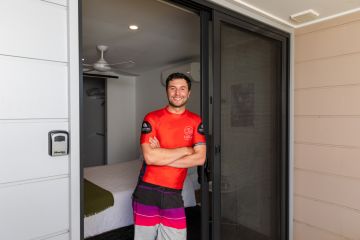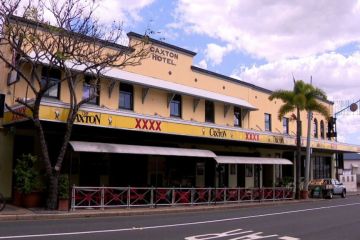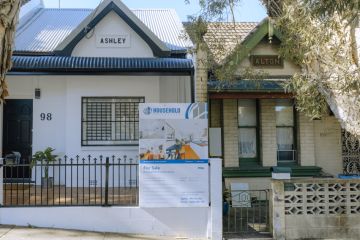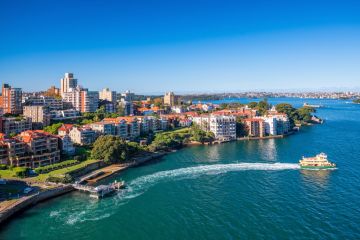Is now the right time to invest in Australia's booming luxury property market?
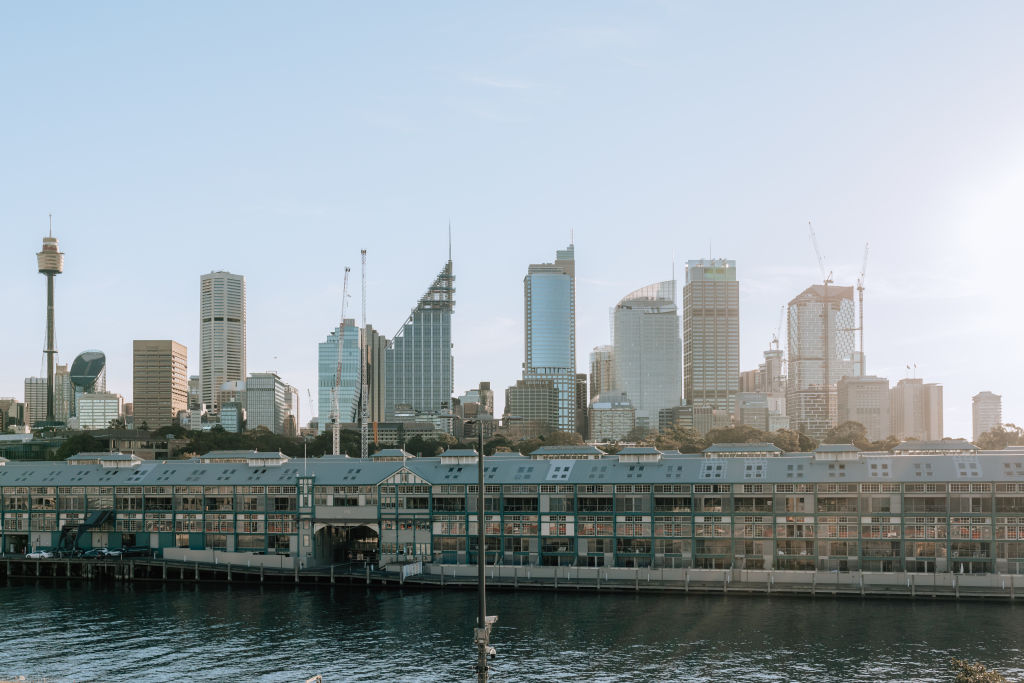
The news that Sydney is leading the world in terms of luxury home price growth predicted for both this year and next is tempting many high-net-worth individuals to consider investing in that prime property.
With a 10 per cent price rise forecast over 2021 by the Knight Frank global research team and an extra seven per cent in 2022 – matched only by London for that second year – it certainly does look attractive.
“We’re finding that prime market is proving very resilient to economic uncertainty,” says Michelle Ciesielski, Knight Frank Australia’s head of residential research.
“But while it promises good capital growth, listings are thin on the ground, so buyers are having to pay a premium.”
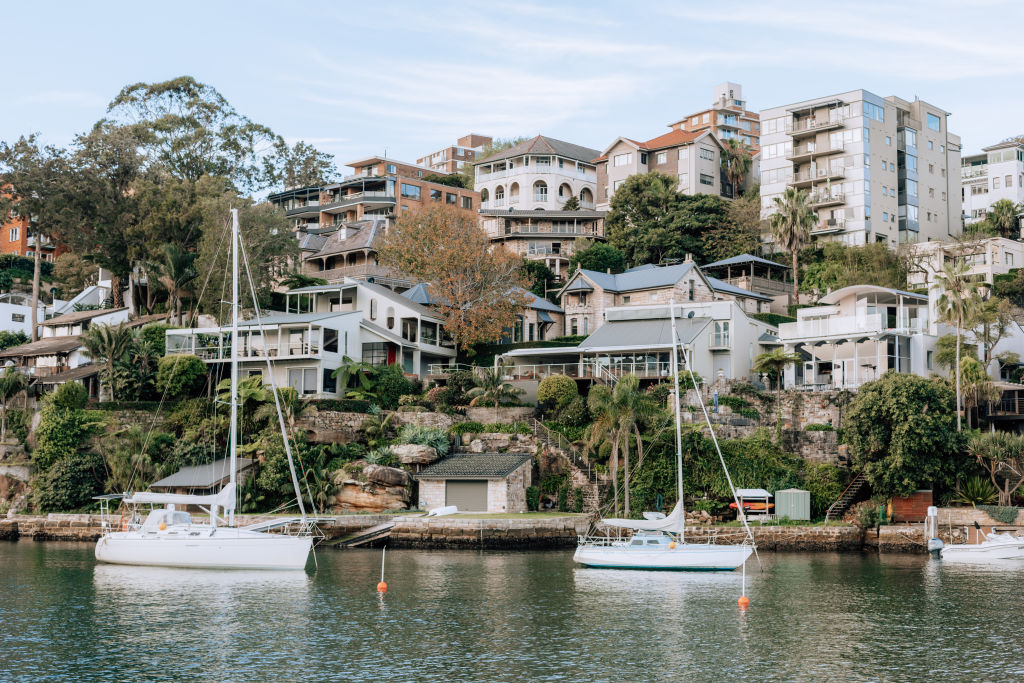
“That may change in spring – and hopefully the end of lockdowns – when we should see more come onto the market. Investing in prestige property, however, is still a long-term play, and we’re seeing people buying with finance, taking advantage of the low interest rates, and reinvesting their existing capital in businesses or the stock market.”
Yet rental yields for top property are not terribly high, sitting in Sydney at around 2.2 per cent, compared to yields on cheaper, mainstream property in the same areas of around three per cent.
There’s more certainty about yields on lower-priced homes, too, says Nathan Lewes, managing director of property advisers Asset Base.
“There’s always going to be a much larger pool of potential tenants who can afford those rents, rather than much higher rents of over $1000 a week,” he says.
“With prestige property as well, the rent won’t cover the cost, and with luxury apartments, you’ll probably have high strata levies on top. But that may suit buyers who want to negatively gear their property, knowing there’ll be decent capital growth ahead.”
That growth rate is certainly alluring, especially compared to the other top markets for luxury residential property around the world.
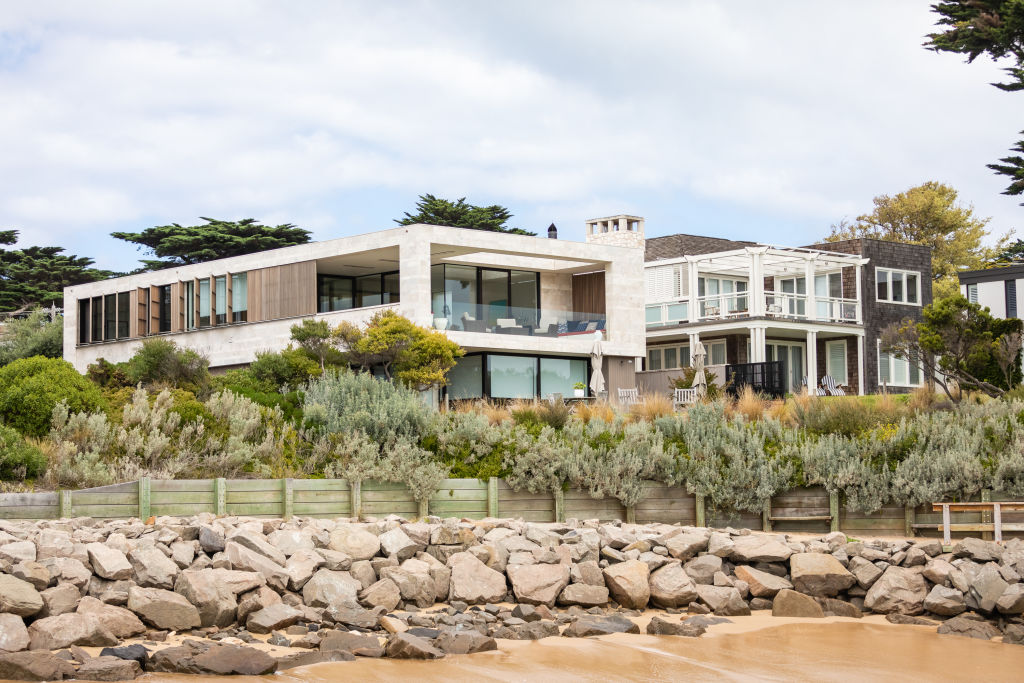
Sydney’s 10 per cent projected rise comfortably dwarfs its nearest rivals, Miami, with just six per cent, and Los Angeles and Hong Kong at five per cent.
London takes 11th spot on the league table of 2021 growth, with just two per cent this year, but is expected to shoot up to the joint top spot with seven per cent next year.
Darren Venter, director of buyers’ agents The Investors Agency, can understand the prime attraction, especially if high-net-worth individuals are chasing income tax deductions and are expecting the luxury market to jump even further when international borders finally open.
“But it depends which borders open and who’s let in first,” Mr Venter says.
“Will it be the borders with China, which traditionally favours Sydney property, or the US and Europe which tend to buy more property in Queensland, or Japan which has an eye on South Australia and Melbourne?
“And while HNWIs (high net worth individuals) have a lot of wealth, they often also have a lot of debt, and more [debt] can create problems with the serviceability of existing debt. Prime property is usually more of an emotional purchase than a rational one and, while prices will grow in the long-term, it does depreciate from the day you buy.”
We recommend
We thought you might like
States
Capital Cities
Capital Cities - Rentals
Popular Areas
Allhomes
More


